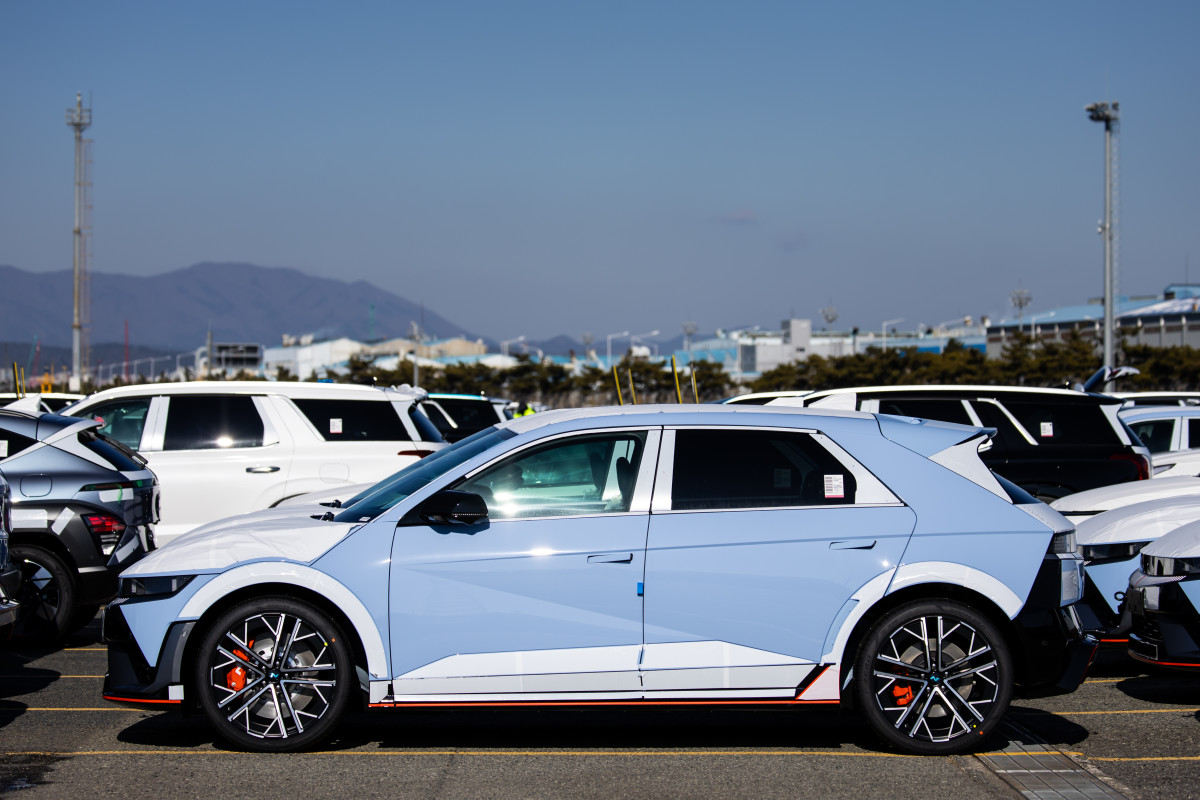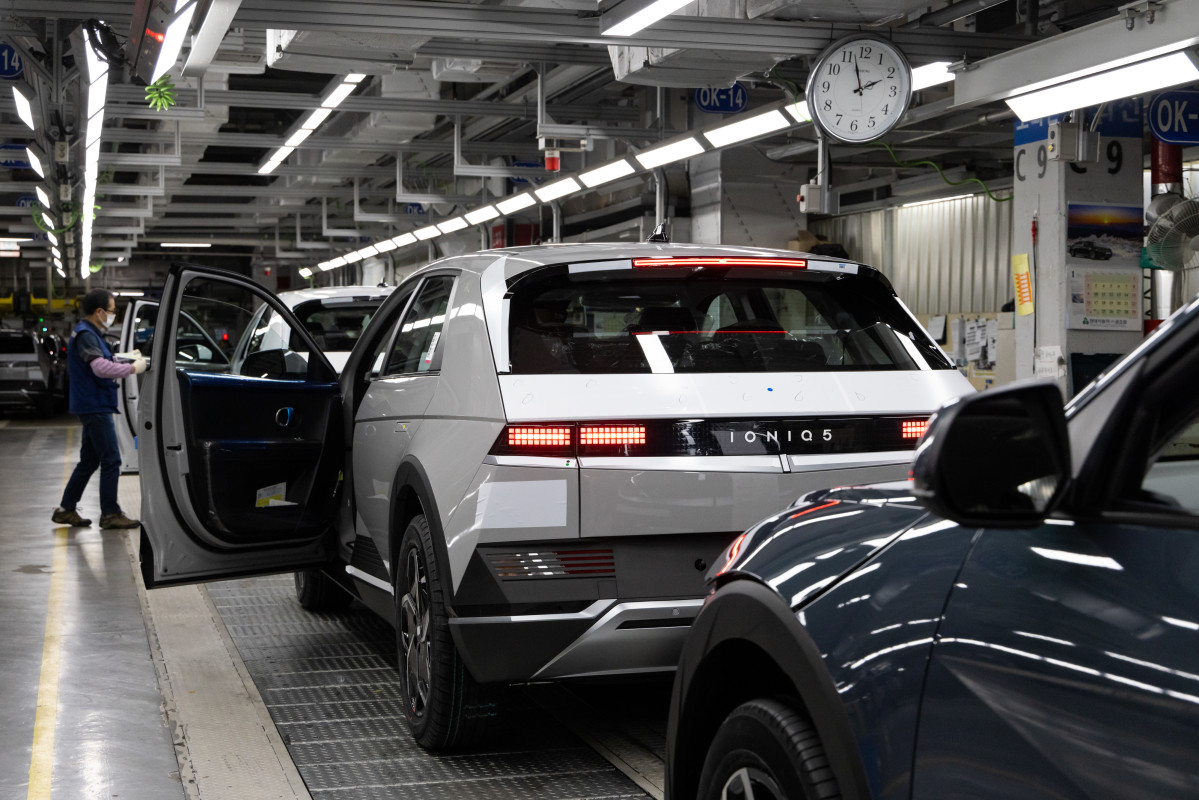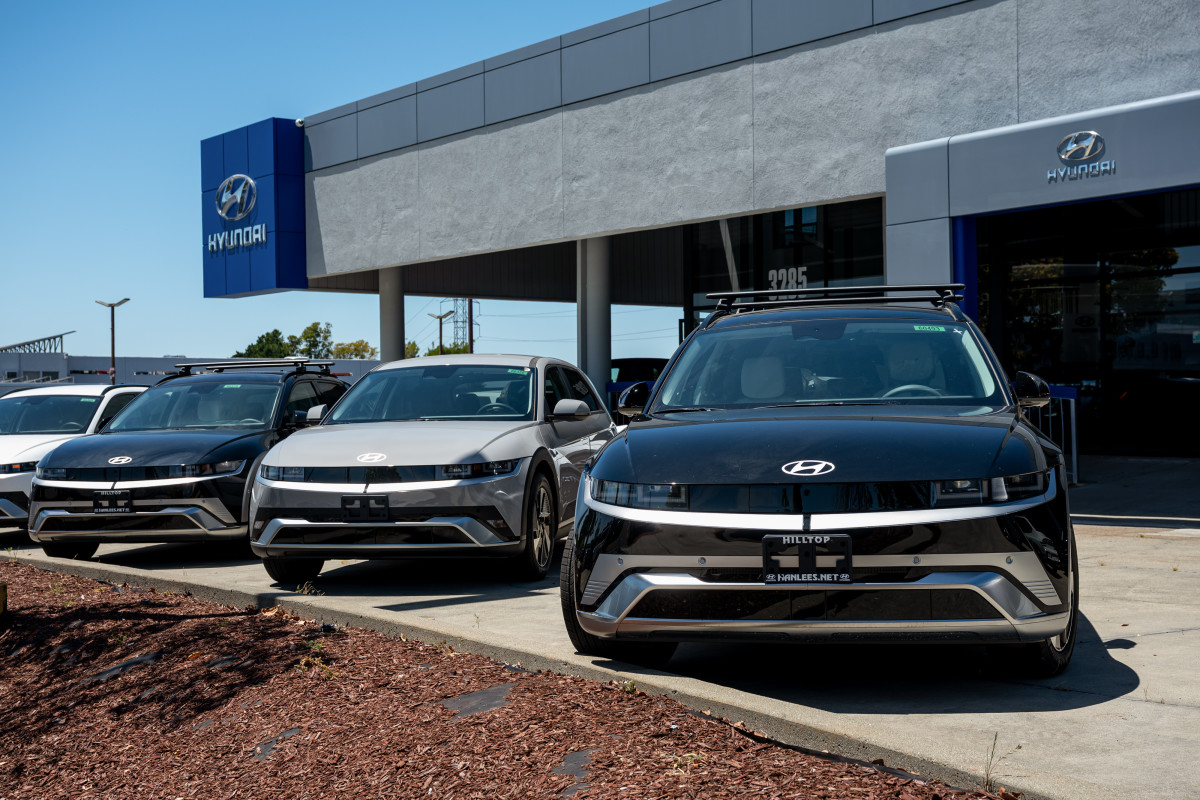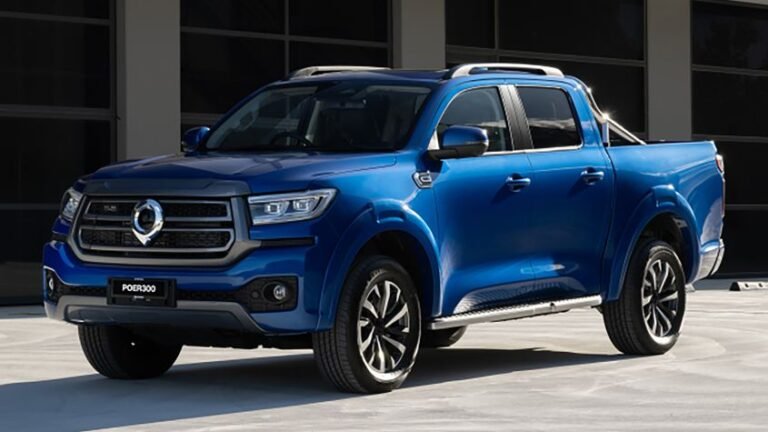Over 40,000 Hyundai workers are taking action over key concessions
According to a report published by Reuters and The Wall Street Journal, South Korean automotive giant Hyundai is facing strike action this week at three different factories in its native country in an effort to press the automaker for shorter working hours, a retirement-age extension, and higher wages.
The 42,000-member union said in a statement that partial strikes, or walkouts, will occur at Hyundai’s plants in Jeonju, Asan, and the company’s flagship plant in Ulsan. According to the notice, workers at the affected plants will drop their tools and leave for two hours on September 3 and 4 and four hours on September 5.
SeongJoon Cho/Bloomberg via Getty Images
Per the union, the decision to strike came after the latest round of collective bargaining on September 2 failed to reach an agreement, as Hyundai management’s offers to raise salaries, bonuses, and other benefits failed to meet the workers’ demands. Last week, the union held a vote on whether or not to strike, and 86% of its voting members voted in favor of moving forward with a walkout to advocate for their demands.
The collective demands that the company increase the basic monthly wage by 141,300 won (~$101.23), use 30% of the company’s 2024 net profit for special performance payments, reduce the workweek from 5 days to 4.5 days, and extend the retirement age to 64 from 60. According to a July 2024 report from the Korea JoongAng Daily, the automaker and its labor union agreed to a 4.65% wage increase last year, marking the largest raise Hyundai has given its factory workers, at 90 million won (~$64,826).
Getty Images
The Hyundai workers’ union is one of the largest and most influential labor groups in South Korea, but it has not gone on a full-time strike since 2018 over issues related to its wages. The union’s strike action is expected to affect factories that produce vehicles across Hyundai’s entire portfolio. The flagship Ulsan plant is the largest single car factory in the world, featuring its own carport dock and producing everything from the Elantra, Palisade, and Ioniq 5, to Genesis vehicles like the G70, G80, G90, and GV70 and GV80 SUVs. Meanwhile, the Jeonju plant exclusively produces Hyundai’s commercial vehicles, while the Asan plant makes sedans like the Sonata, Grandeur, Ioniq 6, and Ioniq 9.
According to a report from The Korea Times, the strikes are expected to shake up Hyundai’s books. In 2016, it was estimated to have suffered losses of approximately 2.5 trillion won (~$1.8 billion) due to a large-scale strike in which union workers suspended production for 166 hours, resulting in the carmaker’s inability to produce nearly 114,000 vehicles.

Meanwhile, Hyundai had a great month in the U.S.
The strike at Hyundai facilities in South Korea comes on the heels of a record sales month for Hyundai, as promotions and electric vehicle sales helped the brand post impressive numbers in August. According to data from Hyundai, August 2025 saw sales volume rise by 12% to 88,523 vehicles in the U.S., marking an all-time August record and its 11th straight month of gain.
“August was an exceptional month for us, with retail and total sales pacing well above our previous best August results,” Randy Parker, CEO of Hyundai Motor North America, said in a statement on September 3. “This momentum keeps us firmly on track for our best year ever. We’re especially proud of the record-breaking results from key models like the Elantra HEV, Palisade, and Ioniq 5, which continue to resonate strongly with customers.”
Final thoughts
Thanks to last year’s wage agreement, Hyundai Motor workers have some of the highest starting salaries in South Korea. The company is also known for providing performance-related bonuses to new employees, even if they did not directly contribute to the previous year’s results.
Though much of Hyundai’s lineup is produced in the United States, an extended strike could damage the supply of certain Hyundai vehicles, including some units of the popular Ioniq electric vehicle line and vehicles sold under the Genesis luxury brand.


